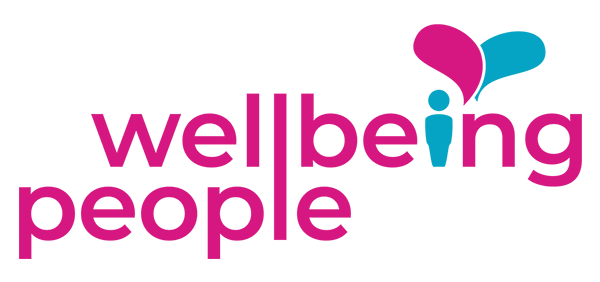Do you focus on the things that aren’t working in your life? Well, there is a solution! It’s called ‘Progress not Perfection’
progress not perfection
When we focus too much on perfection, we have a fear of things not being good enough. If we live in pursuit of perfection, we are forever in the mindset of ‘what could or should be’. The reality is that life is not perfect and even if we think elements of our lives are perfect, what does being perfect actually mean? Its definition is different for every individual which is why achieving ‘perfect results’ is an impractical thought process that holds us back professionally and personally.
Focussing on perfection causes us a great deal of stress. It can prevent us from getting on with and enjoying our lives. Things in life are forever changing and evolving. So creating something that we think is perfect, will inevitably change as life events happen which are usually completely out of our control.
An example of being a perfectionist: you set out to achieve a goal – usually with great intentions and enthusiasm. Your determination is strong as you go headlong towards your goal. At first, things seem good and although your outcomes aren’t there yet, this doesn’t affect you. But after quite a few attempts and as you keep trying, you realise your ‘perfect destination’ is hard to achieve. Your motivation wains, you begin to lose faith in your own abilities, your stress levels rise and over time, you struggle to see how you will get there. This will either result in failure and you give up, or it becomes a constant battle to tweak and clamber your way to reach the top – the place that you consider to be perfection.
“PERFECTIONISM IS THE ENEMY OF PROGRESS” - Winston Churchill
Holding perfection as our idealist state signifies that we are always striving for that top level. Wanting to achieve and be successful is not a bad thing of course, it is how to go about getting there. And, if we do get there, does progression then stop? Does this mean we can take our foot off the pedal and not worry? Unfortunately, not. It will most likely cause increased stress as we try to maintain this state of perfection!
progression
The definition of progress is ‘movement towards a destination or development towards an improved or advanced goal’. Progress looks at what is working and at ways to improve. It motivates us to be better at what we do every day. Adopting a progression mindset means that we focus on the bigger picture. It allows us to see things from a much wider perspective where we can learn, grow and evolve.
With a progression mindset, we don’t have a fear of making mistakes. Making mistakes doesn’t mean that we have failed, it actually means that we have tried! How we react to the mistakes we make is what will enable us to learn and move forward. Being less critical of ourselves, accepting that mistakes happen, fixing what we can, and/or analysing ways to prevent such mistakes from occurring again!
The benefits of adopting a mindset of progress not perfection
upgrade your habits today
Build a healthy lifestyle that works for you with our online programme, Habits for Health.
Experience sustainable results and live your best life
Adopting a progressive mindset will help you make the most of the opportunities in life. Your work and home life will improve with less stress, your goals will be far more attainable and you may even continue to improve beyond the point of what you had originally thought was perfection!
Embracing progress over perfection encourages us to value the journey we are on, learn from our mistakes, and appreciate the incremental steps taken towards improvement. It promotes resilience, innovation, and a positive mindset, emphasising that each step forward, no matter how small, contributes to personal and collective advancement. By embracing this mantra, we are empowered to take risks, experiment, and evolve, fostering a culture of continuous improvement and achievement.
Wellbeing People’s Habits for Health programme focuses on progress, not perfection. The winning formula is simplicity – it’s the small things you do every day that result in life-changing long-term transformations. To find out more click here
Further reading and research
You may also be interested in...
